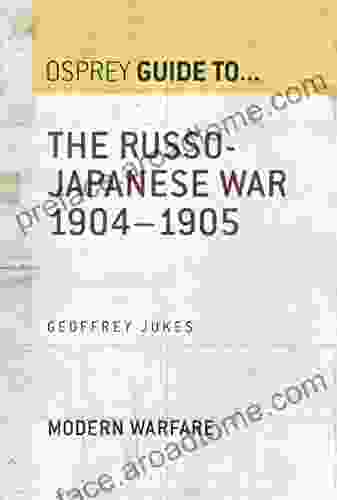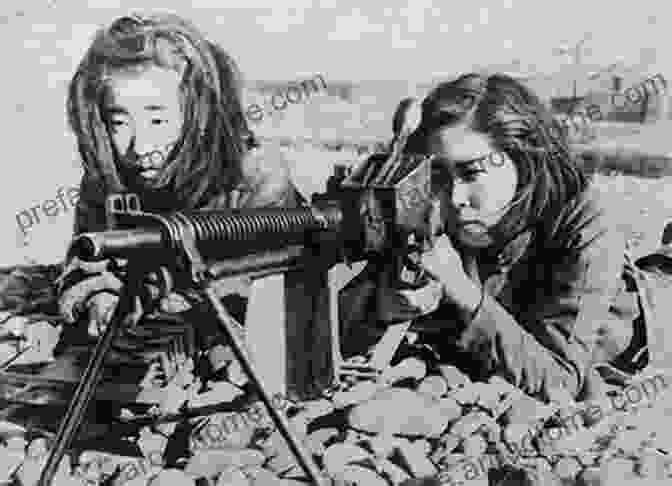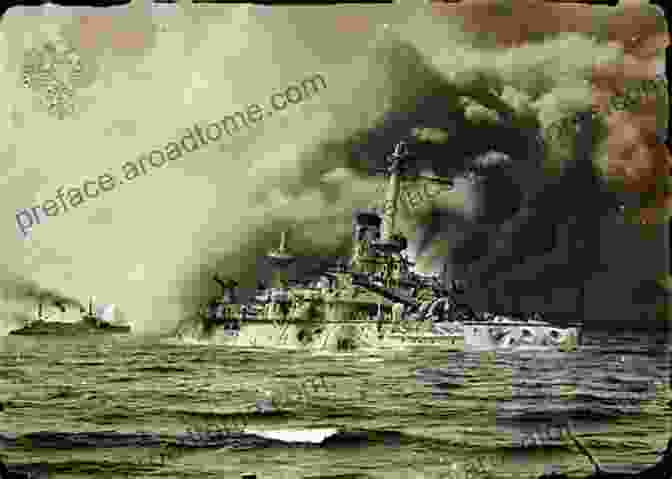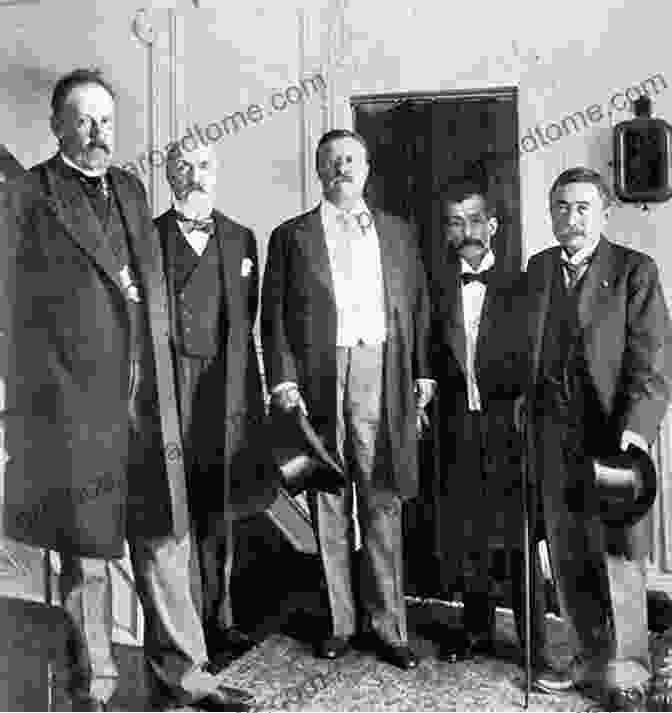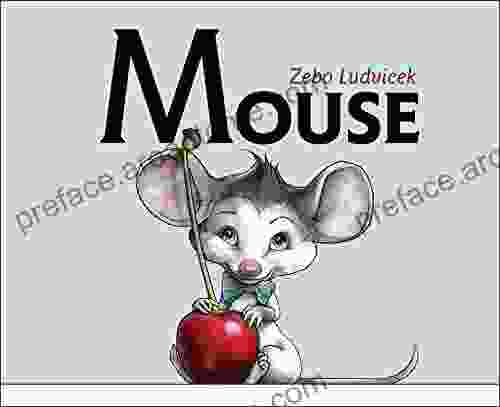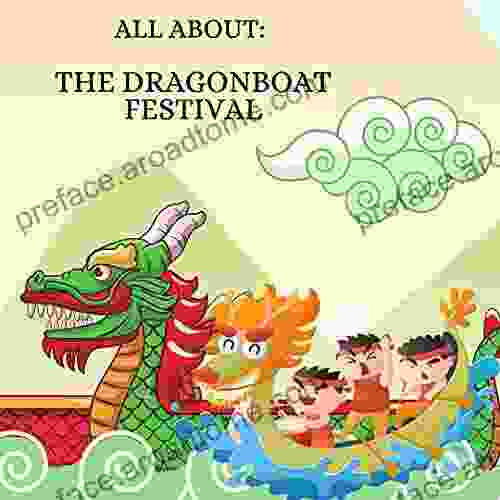The Russo-Japanese War of 1904-1905 marked a turning point in world history, forever altering the geopolitical landscape of the Far East. This comprehensive guidebook serves as an indispensable resource for anyone seeking to unravel the complexities of this pivotal conflict.
4.2 out of 5
| Language | : | English |
| File size | : | 10912 KB |
| Text-to-Speech | : | Enabled |
| Screen Reader | : | Supported |
| Enhanced typesetting | : | Enabled |
| Word Wise | : | Enabled |
| Print length | : | 105 pages |
Prelude to War: Imperial Ambitions Clash
Tensions between the Russian Empire and the Empire of Japan had been simmering for decades, each nation harboring territorial ambitions in Manchuria. Russia sought to expand its influence in the region, while Japan aimed to protect its interests in Korea and secure access to natural resources.
As diplomatic efforts failed, war became inevitable. Japan struck first on February 8, 1904, attacking the Russian fleet at Port Arthur without a declaration of war.
Key Battles and Turning Points
The Russo-Japanese War was characterized by a series of fiercely contested battles, each with its own strategic significance:
- Battle of Port Arthur (1904): A prolonged and bloody siege that resulted in a Japanese victory and the destruction of the Russian Pacific Fleet.
- Battle of Liaoyang (1904): A major land battle that ended in a Japanese tactical victory, forcing the Russians to retreat north.
- Battle of Mukden (1905): The largest land battle of the war, which ended with a crushing Japanese victory and broke the back of Russian resistance.
- Battle of Tsushima (1905): A decisive naval battle in which the Japanese fleet annihilated the Russian Baltic Fleet, solidifying Japan's maritime supremacy.
Geopolitical Consequences
The Russo-Japanese War had profound geopolitical consequences, reshaping the balance of power in East Asia:
- Rise of Japan: The war firmly established Japan as a major military power and a force to be reckoned with in the region.
- Decline of Russia: The defeat dealt a severe blow to Russian prestige and led to internal unrest and revolution.
- Emergence of the United States: The war played a role in showcasing America's growing influence as a global power.
- New World Free Download: The war accelerated the decline of European colonial powers and paved the way for a new geopolitical Free Download in the 20th century.
Legacy and Impact
The Russo-Japanese War remains a significant historical event with lasting implications:
- Military Innovations: The war introduced new technologies and tactics, influencing military strategy and warfare for decades to come.
- Political Instability: The war sowed the seeds of unrest in both Russia and Japan, contributing to political instability and revolution.
- Global Power Shifts: The war reshuffled global power dynamics, setting the stage for the rise of new powers and the decline of old ones.
- Future Conflicts: The war served as a precursor to future conflicts in the Asia-Pacific region, shaping the geopolitical landscape of the 20th century.
The Russo-Japanese War of 1904-1905 was a transformative conflict that left an enduring mark on the world. This comprehensive guidebook has provided a detailed account of the war's origins, key battles, geopolitical consequences, and lasting legacy. By delving into these historical insights, we gain a deeper appreciation of the complexities and far-reaching impact of this pivotal event.



